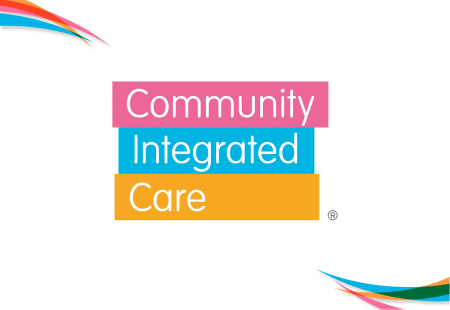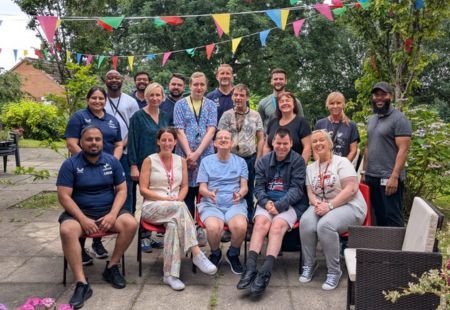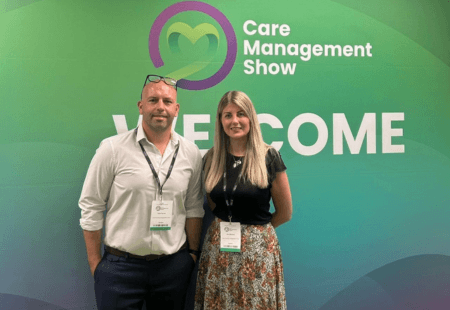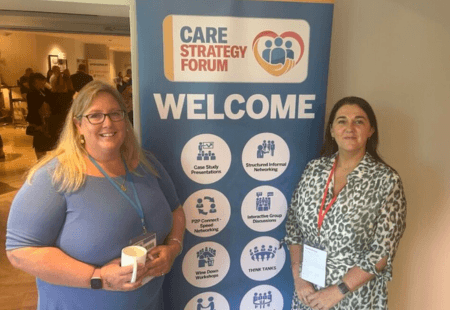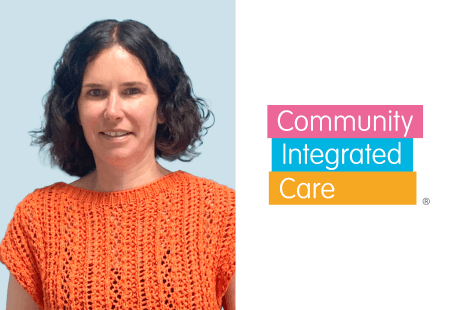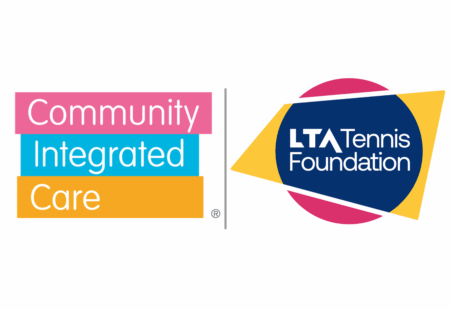
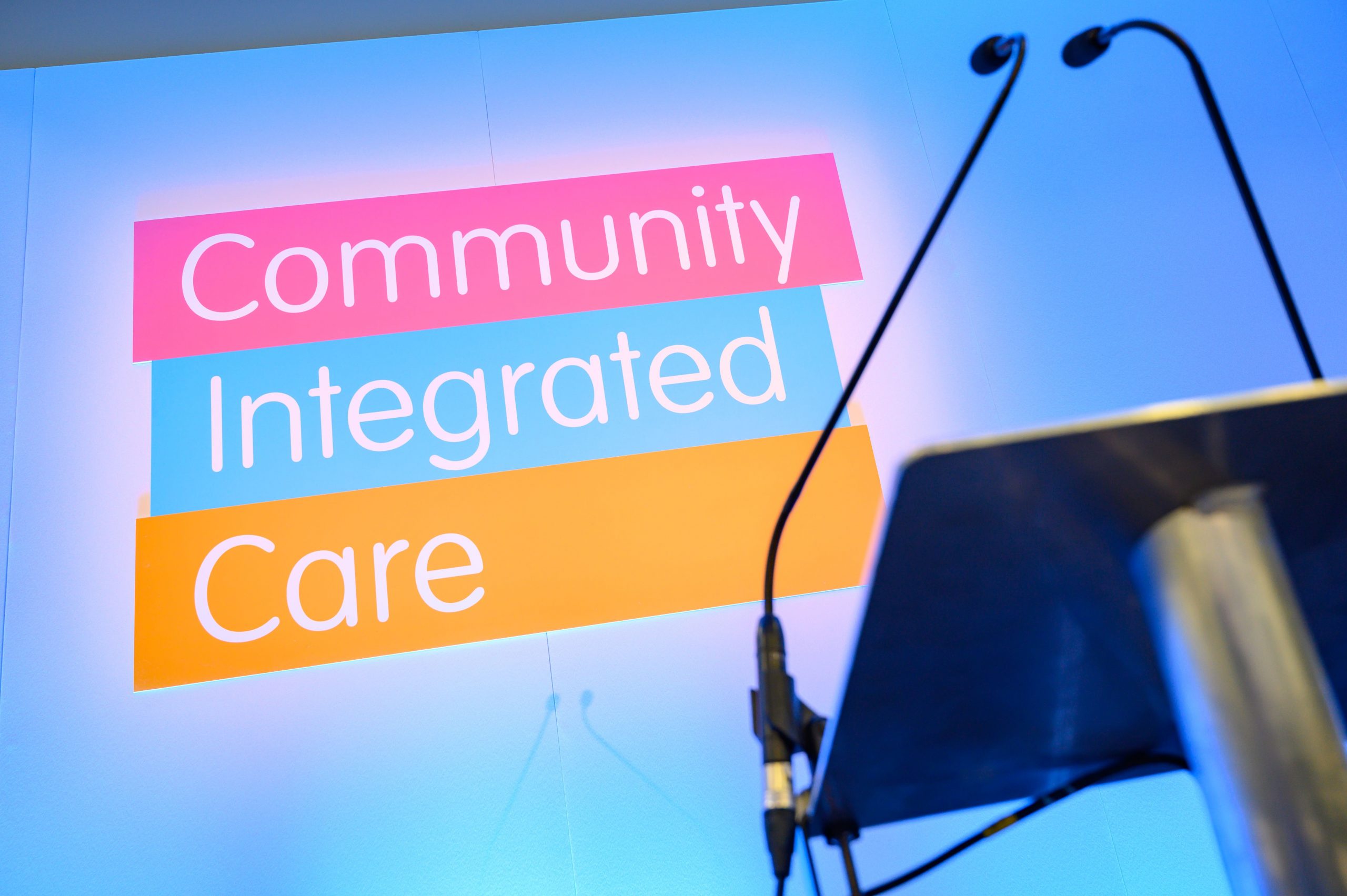
News
30/05/2019
BBC Panorama Highlights Need for Social Care Together
Mark Adams, CEO of Community Integrated Care, says:
The recent Panorama series on social care has opened, what is to Community Integrated Care, a welcome debate around the state of our sector.
Community Integrated Care is privileged to support more than 3500 people across England and Scotland who have learning disabilities, autism, mental health concerns and dementia. With hundreds of services, across a host of different local authorities and settings, we have a unique perspective on the challenges faced by social care providers, and in turn the local authorities that fund us.
Whilst social care is a highly complex operating environment, there is an obvious set of underlying challenges that are at the heart the dominant issues affecting our sector: a lack of resource, strategy and action.
Time For Change
The human, and indeed the economic cost, of the systemic failures within the social care sector have been consistently overlooked by Westminster. The long-awaited Social Care Green Paper has been repeatedly been kicked into the long-grass by consecutive governments. It is not too cynical to suggest this it is easier to defer such politically-charged matters, in an era of coalition and minority governments.
In the meantime, local authorities are cut to the bone, and they have to pass their constraints onto the providers they fund. Care services that are dilapidated or haemorrhaging money are closing – families and trade unions look at the care provider for answers, the provider looks to their Local Authority for support, and the local authority either looks back at the provider or shrugs with weary regret. And so, the cycle continues…
The recent BBC analysis that many local authorities will exhaust their financial reserves within four years, and the high-profile financial issues facing some well-known and well-established providers must be cause for us all to wake up. We are sitting on a ticking time-bomb. Now is not a time to pass on the blame, it’s time for action.
And the reality is, this is a Central Government matter. It is for Parliament to decide how it can resource a thriving and sustainable care sector, capable of supporting people in a way that respects their rights, personhood, autonomy, independence and dignity. That might mean taking some tough decisions about taxation or political strategy, but what are politicians for, if not to represent and help the people?
Of course, Central Government matters are societal matters too. We need to decide, as a society, what we value and what we are willing to give up, or contribute, to uphold those values. We need to speak in a loud and united voice that we are not a nation of individuals, but we see the common bonds that connect us all, and that we will be there for those who need our care and compassion.
A Cost To Us All
Care providers should not see this recent media coverage as a threat or slight, or try to hideaway from the public spotlight. We need to see this moment as an opportunity to start an honest dialogue with the public: are you happy with what you are witnessing, or do you think that we have all have a role in championing a change?
To deliver a thriving and sustainable social care sector, where people receive the standard of care that we would all expect for ourselves and our loved ones, we need to recruit the right people, with the right values, and to fully support them to thrive. It cannot be right that the persistent restrictions on social care funding means that many people will often be paid significantly more for working in a supermarket or a fast food restaurant, compared to those who have the unenviable personal responsibilities of delivering care. Individuals with the passion, talent and skills to work in care cannot, in many cases, afford to remain in the sector – and so we suffer a constant challenge to recruit.
In some settings an hour of care costs the same as a coffee and a sandwich, a bed in a care home can be relative to a budget hotel. We need to ask ourselves, what matters? Who do we want to provide our care? How do we value the lives of others? How would we like others to value our lives?
Hope For The Future
The good news is that there are emerging models of care and new innovations that can improve lives and reduce expenditure to the public purse. The solutions, to a degree, are in right front of us – we just need unity and political will, as well as individuals with influence having the personal fortitude to stand up for what is right.
We know that the upfront investment in preventative and community-based care services can ultimately reduce expense, whilst also enhancing quality of life. It is obvious that the demands placed on families means that many are unable to work, as they dedicate themselves to their caring responsibilities. If the personal toll of this crisis doesn’t strike a chord then surely, at some point, the economic toll will?
It is clear that times are tough, and we recognise the challenges facing government and see the shifting political landscape. We are not holding a begging bowl out to government, we are offering a helping-hand. Listen to providers like ours: we have the expertise, innovation and models of care to create effective, efficient and life-changing care that can see individuals thrive, whilst also delivering the social and economic impact that is needed in our communities.
Care providers, local government, and society at large is fragmented, but we need to come together behind this common cause. This is an issue that affects all of us and we can only fix it together.

